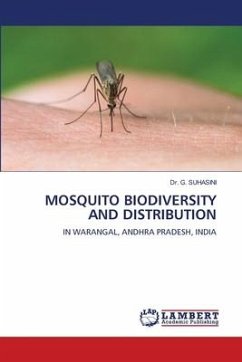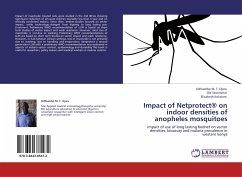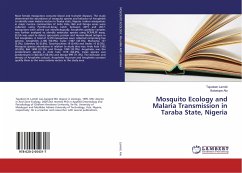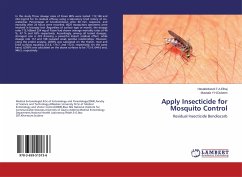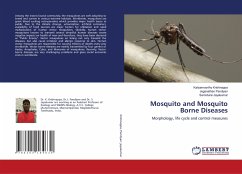Diversity of mosquitoes recorded in the study area showed four species of mosquito belong to three genera namely, Aedes, Anopheles and Culex. These four species are largely responsible for the major mosquito-borne diseases in the Indian subcontinent. Biodiversity of mosquitoes is an important aspect of medical science and is significant integral aspect of human life. There are three sub-families, Culicinae, Anophelinae and toxothynchitinae. Mosquito borne diseases caused due to urbanization, spread of slums across the city and poor maintenance of drainage system are contributing to unhygienic environment increasing mosquito density which increases vulnerability towards vector borne diseases. The present study indicates diversity indices (Shannon-Wiener) and evenness were close and high resemblance to each other which show biodiversity richness. The value below 2 (H) indicates the low quality of habitat that is supporting mosquito survival. The study had focused on collecting fundamental information of mosquitoes resources in different habitats which causes mosquito borne diseases.
Hinweis: Dieser Artikel kann nur an eine deutsche Lieferadresse ausgeliefert werden.
Hinweis: Dieser Artikel kann nur an eine deutsche Lieferadresse ausgeliefert werden.

